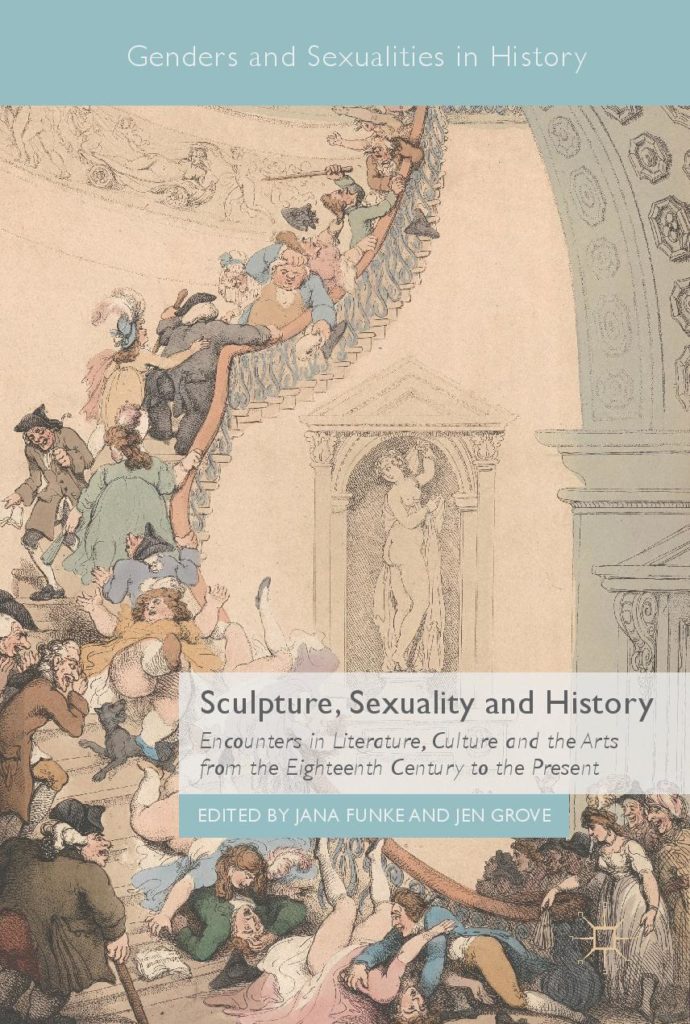Abstract: This article reveals previously overlooked connections between eighteenth-century antiquarianism and early twentieth-century sexual science by presenting a comparative reading of two illustrated books: An Account of the Remains of the Worship of Priapus, by British antiquarian scholar Richard Payne Knight (1750–1824), and Die Weltreise eines Sexualforschers (The World Journey of a Sexologist), by German sexual scientist Magnus Hirschfeld (1868–1935). A close analysis of these publications demonstrates the special status of material artefacts and the strategic engagement with visual evidence in antiquarian and scientific writings about sex. Through its exploration of the similarities between antiquarian and sexual scientific thought, the article demonstrates the centrality of material culture to the production of sexual knowledge in the Western world. It also opens up new perspectives on Western intellectual history and on the intellectual origins of sexual science. While previous scholarship has traced the beginnings of sexual science back to nineteenth-century medical disciplines, this article shows that sexual scientists drew upon different forms of evidence and varied methodologies to produce sexual knowledge and secure scientific authority. As such, sexual science needs to be understood as a field with diverse intellectual roots that can be traced back (at least) to the eighteenth century.
Full citation: Funke J, Fisher K, Grove J, and Langlands, R, “llustrating phallic worship: uses of material objects and the production of sexual knowledge in eighteenth-century antiquarianism and early twentieth-century sexual science”, Word and Image, Volume 33, 2017 – Issue 3: Mediating the Materiality of the Past, 1700–1930
This article is available open access.

